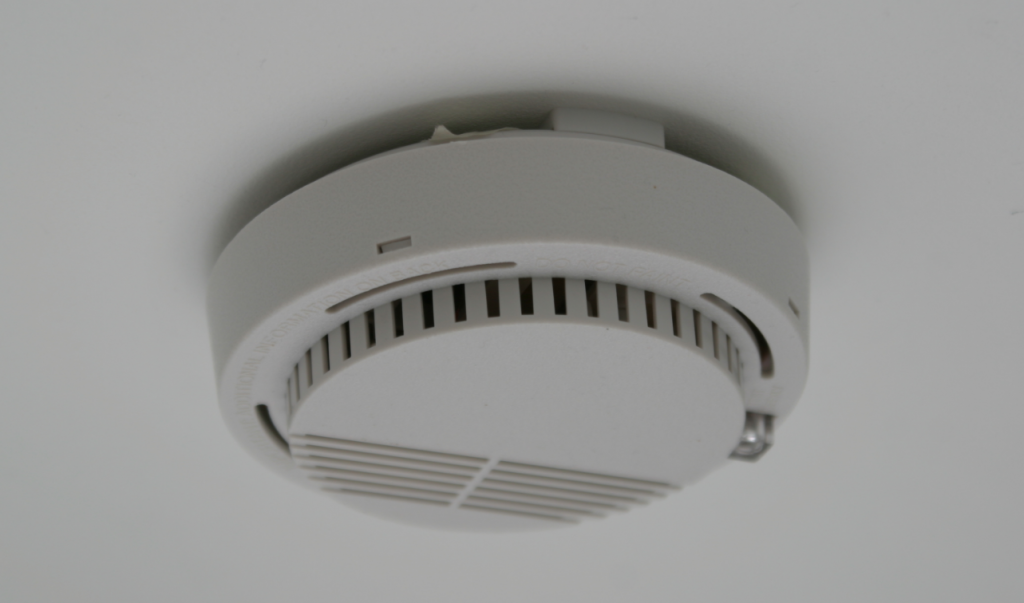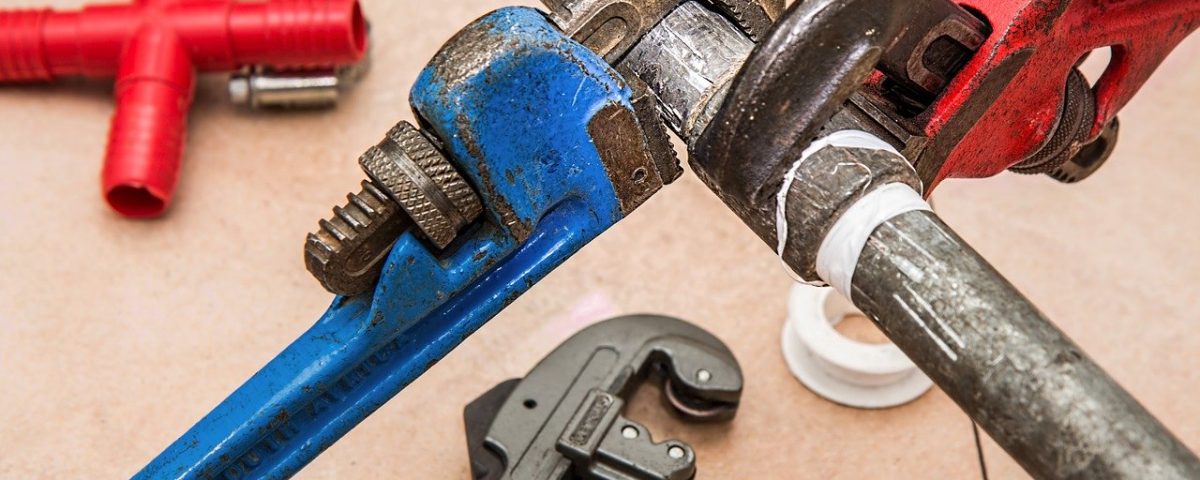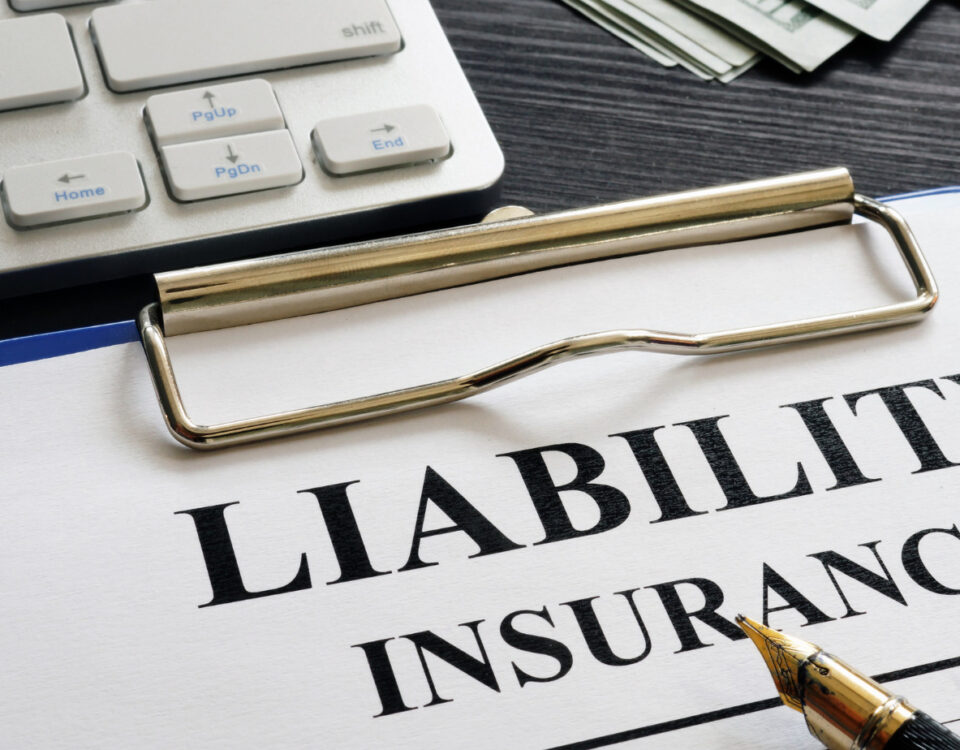- Walk-in Traffic is by Appointment Only - More Details
Most Popular Code Violations Made by Landlords

How to Attract Millennial’s To Your Rental Property
May 6, 2020
Welcome to the Henderson Team!
May 10, 2020In an ideal world, you would never violate code. All landlords would have their residents’ best interests at mind, and they would never mismanage a property. While there are plenty of landlords who fit this bill, there are just as many who try to cut corners or who mean well but aren’t knowledgeable enough to avoid code violations. To keep yourself out of the latter category, we’ve included a few of the most prevalent code violations that we’ve seen landlords make.
-
Malfunctioning, Non-Operating, or Missing Smoke and Carbon Monoxide Detectors
A renter has the right to feel safe and relaxed in their home every day. Unfortunately, if smoke and carbon monoxide detectors aren’t up to code, scary, preventable situations can occur at your property.
To keep yourself from running afoul of your obligations, you’ll need to start by ensuring all present smoke and carbon monoxide detectors function. If a detector uses a 9-volt battery, it should be changed every six months. Set a reminder for yourself for each property (even simpler if that can be on the same date) to swap out a new battery at 6-month intervals. If you want to avoid that hassle, you can find newer models that have a built-in battery that’s good for up to 10 years.
Once you’ve verified that your detectors are operational, you need to confirm that you have enough and that they’re in the right locations. First and foremost, each bedroom requires its smoke detector. Each level requires at least one smoke detector and one carbon monoxide detector. Staying true to code for sensors is incredibly essential to the safety of your residents.

-
Plumbing Code Violations
While purchasing a few smoke or carbon monoxide detectors is an easy fix, plumbing problems can be a bit more complicated. For instance, if you’ve had a water heater installed in a garage and it isn’t elevated at least 18 inches off of the floor, you’ve violated code. That seems a bit obscure. There’s a good reason—the elevation can prevent the ignition of gasoline and solvent fumes, which can otherwise seriously injure a resident. Don’t forget that the relief valve also needs proper venting; otherwise, steam and water may not be able to escape if water heater overheating occurs.
If you fail to maintain the plumbing in a unit and there is a break or leak, you may be responsible for damages. This is only in the case of negligence, such as a careless repair or willful lack of maintenance.
-
Electrical Issues
If you’re an experienced landlord, you know that contracting out electrical jobs to qualified electricians is critical to keeping your residents and properties safe. Rewiring a property is probably not a do-it-yourself task. However, electrical violations can be as simple as ensuring that all light switches in the property are in working order. Electrical cover plates must also be in place where applicable. Be sure that you’ve advised your residents to speak out about anything that seems hazardous or suspicious.




